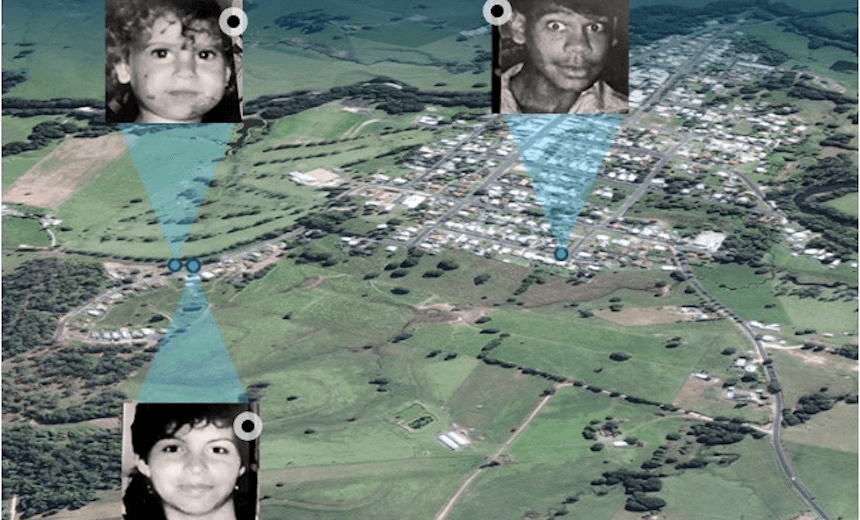Duncan Greive on Bowraville, the heartbreaking podcast dubbed ‘the Australian Serial’.
I spent my family holiday immersed in child murder.
I didn’t mean for it to be that way – it just sort of happened.
First I read: Helen Garner’s House of Grief, a harrowing account of a trial for a man who drowned his sons. Next came true crime legend Ann Rule’s Small Sacrifices, about the astounding Arizona lunatic Diane Downs.
Later I watched: Paradise Lost and West of Memphis, the flawed yet riveting documentaries covering the satanic panic surrounding the West Memphis Three. The latter featured rather more of Peter Jackson in a partially-buttoned shirt than I anticipated, but was still satisfying.
Finally I listened: to Bowraville, an audio podcast from the Australian newspaper, the most recently created artefact (it just finished its brief five episode run) and perhaps the best.
It’s been dubbed the Australian Serial, and it does resemble that record-breaking American podcast in its focus on a long-dormant murder case. But while I loved Serial for its slicing open of the reporting’s guts, it was overlong, treading the same paths too many times.
Bowraville, by comparison, is precisely as long as it needs to be: the episodes run for 20-30 minutes, so the whole thing can be consumed in the length of the average movie – like the classic six-part English comedy or drama, it feels taut and crafted.
The podcast reinvestigates the unsolved serial murder of three children in the New South Wales hinterland in the early ‘90s – an impossibly grave crime which is (or was until Bowraville debuted) barely known to most Australians. The reason, Box drily notes, is that the three children were all Aboriginal, and as everything from the police’s risible investigation to the parliamentary indifference shows, indigenous Australians remain uniquely vulnerable and unloved within the Lucky Country.
Worse than the lack of a resolution is the fact a prime suspect is immediately introduced. The children lived metres apart on the same street – again, can you imagine such a crime going unknown and unsolved in Sydney’s leafy suburbs? – and a man named Jay Hart was seen at all the crime scenes.
Hart though, is white – the whole show, like so much of modern Australia, can only be understood through the prism of race. A combination of extraordinary, infuriating police indifference and the ruinous racial politics of rural Australia meant the crimes were barely investigated until the trail was nearly cold. The parents and relatives were simply told their kids had “gone walkabout”. One of them, it needs noting, was just four years old.
Box heads to Bowraville to interview the families, who tell their stories in a way which makes it clear that two decades on the official indifference to their plight remains raw and seething. Police officers duck and dodge, while white inhabitants of Bowraville for the most part come off as callous in the extreme. The town remains divided by race, and deeply racist: a shopkeeper serves whites ahead of Aborigines and local government barely registers the ongoing grief of the victims’ families.
The lean, momentous audio pounds forward until Box finally tracks down Hart, living free elsewhere, for interactions so tense you can barely breath while they play out.
It is a tremendous and important piece of reporting, the best thing I consumed during my week of young murder. And it shows that while we live in an era of brilliant crime television – from Happy Valley to One’s Sunday Theatre series of last year – that the most affecting stories remain those which are true, and twist forever in the nation’s gut.
Listen to the podcast and read more of The Australian‘s Bowraville coverage here
